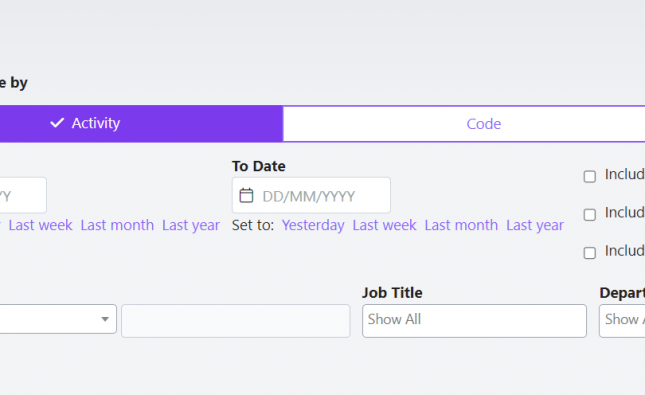So important even Her Majesty the Queen focussed her attention to it the 2017 Queen’s Speech, interest in the GDPR legislation shows no signs of slowing down.
The Queen’s speech confirmed that the General Data Protection Regulation (GDPR) will still come into force in the UK on 25th May 2018 and will replace the Data Protection Act, which has governed data handling directives in the UK since 1998. The new GDPR legislation is designed to streamline data handling across the European Union, making it easier for members of the EU to share data safely and also introducing more stringent data protection regulations to suit an increasingly digital age.
So, why would the UK implement EU-wide legislation following the beginning of Brexit negotiations? Firstly, it’s important to understand that the UK was (and still is) a major influence behind the new European legislation, so it’s natural that it would still adopt the GDPR even with Brexit going ahead. Secondly, with UK/EU legislation lining-up following May 2018, the UK will maintain its ability to share data with other members of the EU – for example, police forces and other international authorities. Conserving this ability is imperative in the fight against terrorism and other cross-border crimes.
The GDPR will affect organisations across all industry sectors, and all must ensure they’re up to speed by its implementation next year. Whilst the new legislation will bring with it some welcome consistency for multi-national organisations and employees working across Europe, the legislative burden of new rights for individuals and fines of 2 – 4% global annual revenue for breaches are likely to take a toll.
For this reason, it is important that organisations avoid accidental breaches by ensuring that all employees are prepared and understand what they need to do to remain compliant with the GDPR. Human error (undoubtedly in the form of lack of understanding and knowledge) has proven to be the main cause of data breaches in years past, and so-thought ‘harmless’ mistakes still make-up a large percentage of security law violations and consequent fines.
Organisations need to act quickly to ensure they’re not caught out next May and can take advantage of VinciWorks GDPR eLearning courses to ensure they’re up to speed. We offer three GDPR training courses which together form a comprehensive package covering your preparation for the GDPR, what your organisation’s accountability under new GDPR legislation will be, and a microlearning course created to clarify the new legislation’s ‘right to be forgotten’ regulation.
The courses outline the UK’s Key Priorities for the GDPR, which are:
- Ensuring data protection rules are suitable for the digital age.
- Empowering individuals to have more control over their personal data.
- Giving people the right to be forgotten when they no longer wanted a company to process their data.
- Modernising data processing procedures for law enforcement agencies.
- Allowing police and the authorities to “continue to exchange information quickly and easily with international partners
Failing to prepare for the GDPR could have disastrous consequences for organisations; with punishments for non-compliance including fines of up to €20m or 4% of annual turnover, whichever is greater. It is not just the fine however that could be potentially damaging to organisations but the reputational damage suffered and adverse publicity.
Our GDPR training will help you to prepare for the GDPR in the correct manner and we will be adding to our portfolio of courses as more details come to light about exactly how the GDPR will affect organisations.



